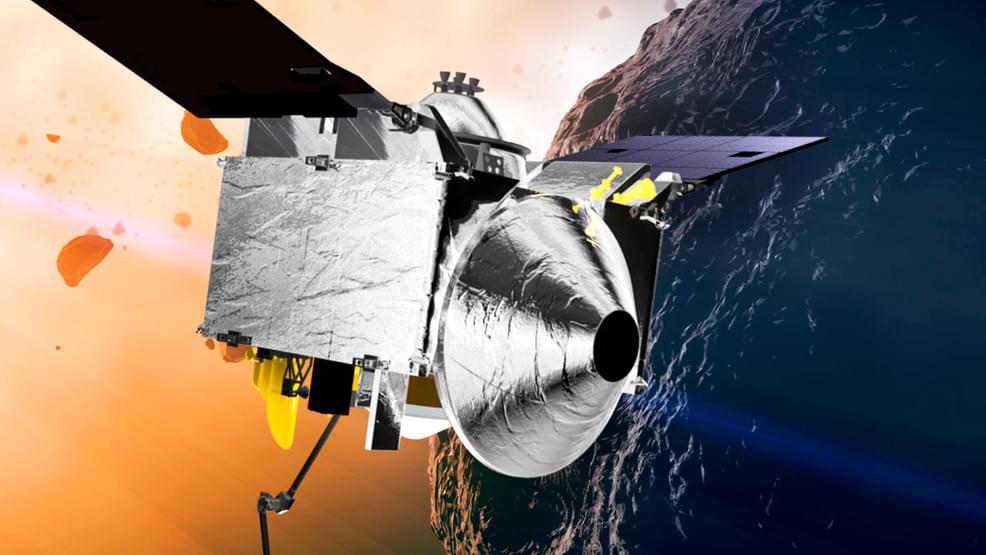Many of the genetic mutations that directly cause a condition, such as those responsible for cystic fibrosis and sickle-cell disease, tend to change the amino acid sequence of the protein that they encode. But researchers have observed only a few million of these single-letter ‘missense mutations’. Of the more than 70 million such mutations that can occur in the human genome, only a sliver have been linked conclusively to disease, and most seem to have no ill effect on health.
So when researchers and doctors find a missense mutation that they’ve never seen before, it can be difficult to know what to make of it. To help interpret such ‘variants of unknown significance’, researchers have developed dozens of computational tools that can predict whether a variant is likely to cause disease. AlphaMissense incorporates existing approaches to the problem, which are increasingly being addressed with machine learning.









